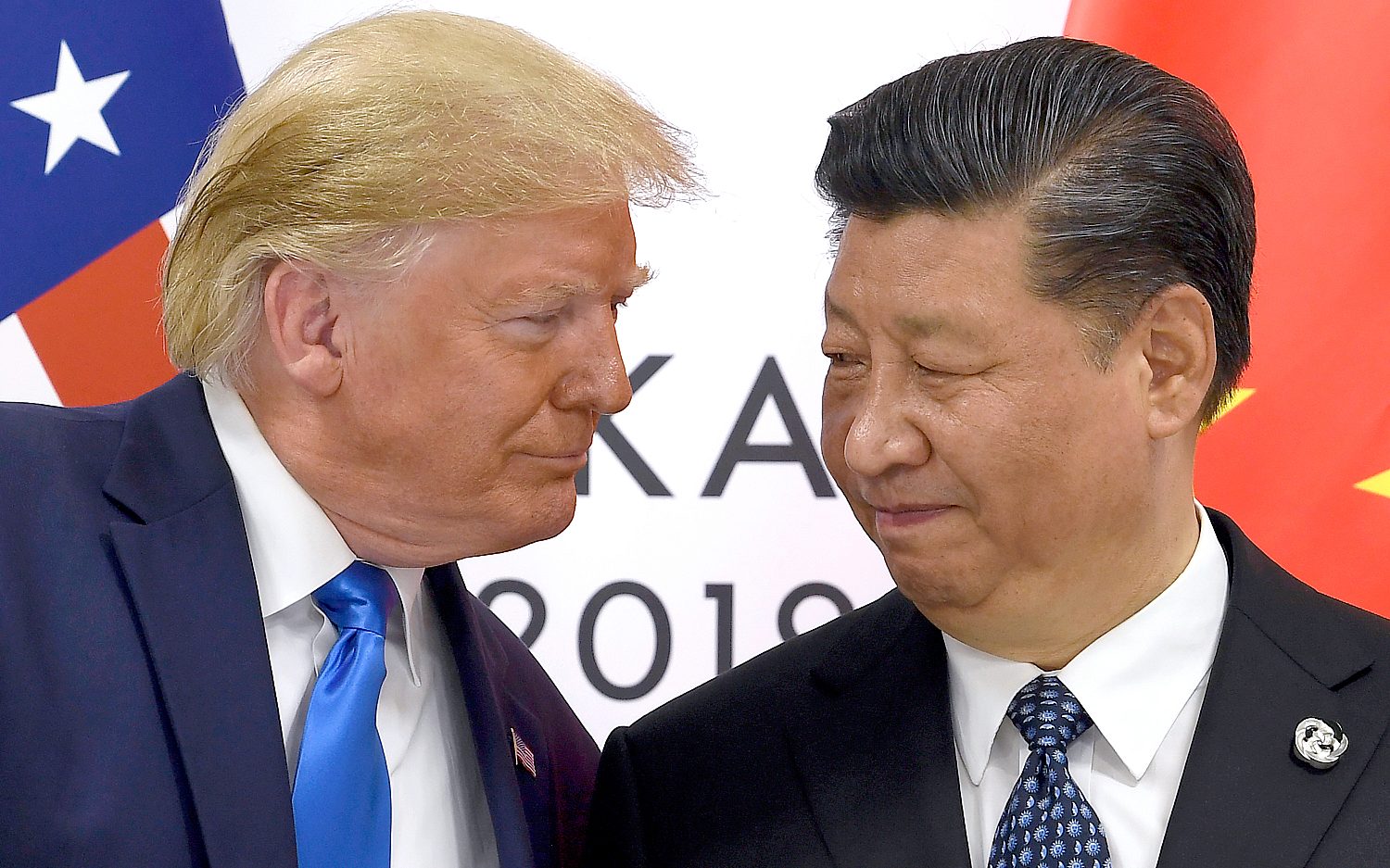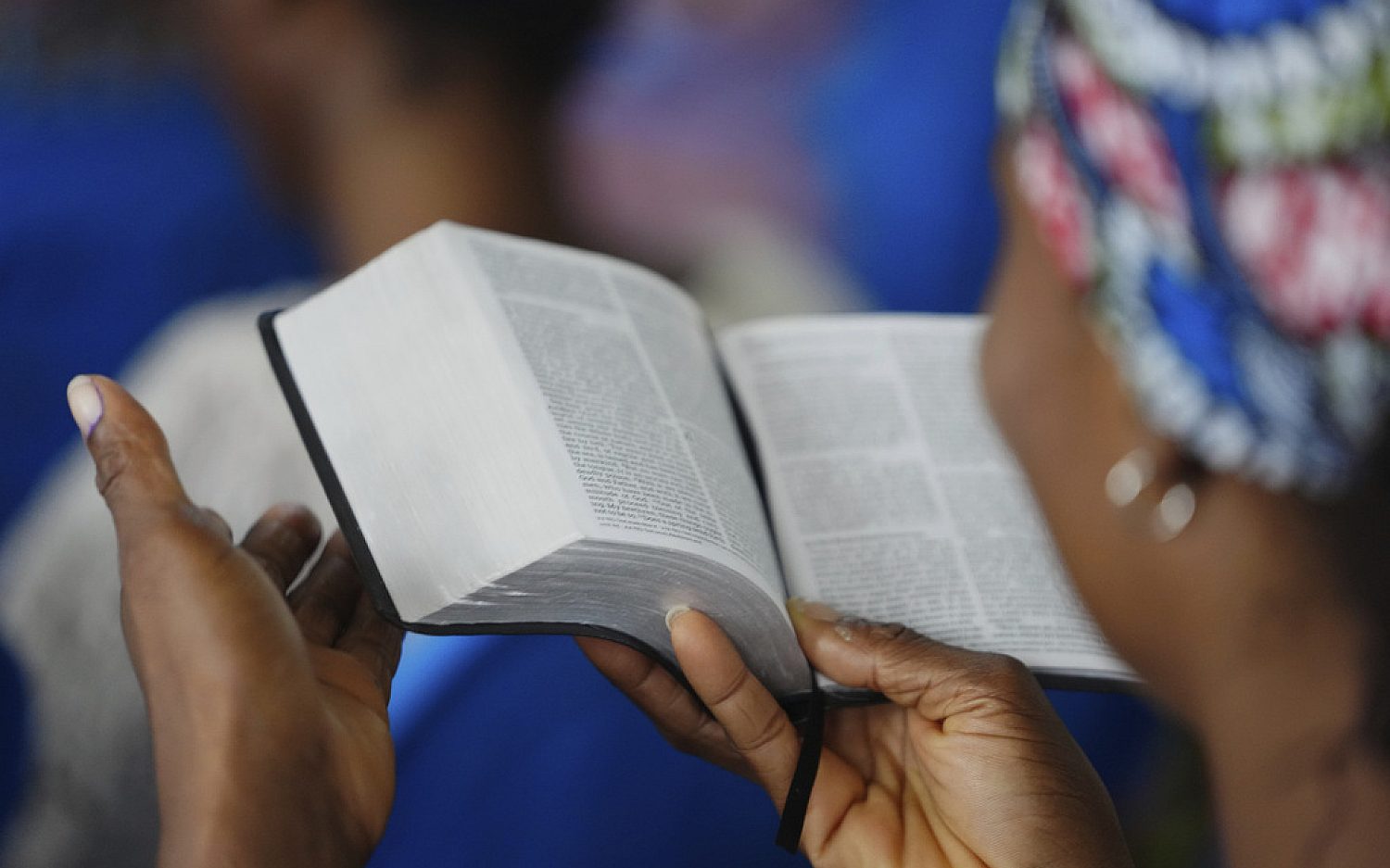Gambia’s opposition leader wins presidential election
Former president’s concession marks the first peaceful transfer of power in the country’s history
Gambia’s opposition leader Adama Barrow has won the presidential election, putting an end to President Yahya Jammeh’s 22-year rule in the West African country.
Alieu Momarr Njai, head of Gambia’s electoral commission, said Jammeh “accepted defeat” and would deliver an official statement later today. The commission confirmed Barrow received 263,515 votes, Jammeh received 212,099 votes, and the third candidate, Mama Kandeh, received 102,969 votes.
Barrow, a businessman and leader of the opposition United Democratic Party, ran as the presidential candidate from a coalition of eight opposition parties. During his campaign, Barrow promised to “bring Gambia back from the brink and restore human rights and true democracy.”
The unprecedented victory and Jammeh’s unexpected concession ignited celebration across Gambia. Several supporters of the coalition danced in the streets, and some held posters of Barrow while others blew whistles.
“If small Gambia can do this, this should send a big message to all dictators that 2016 is your final year,” Sait Matty Jaw, a Gambian social activist, posted on Twitter. “We [are] bringing democracy home.”
Polls across Gambia closed at 5 p.m. Thursday after voters cast marbles into drums for the three candidates. All internet and international call lines shut down on Wednesday, and online messaging apps such as Viber and Whatsapp have been blocked for several weeks. Several Gambians confirmed this morning on social media that internet service across the country has returned.
Jammeh came to power in a 1994 coup and was elected president in 1996 and 2001. A 2002 constitutional amendment removed term limits, and Jammeh ran and was reelected in 2006 and 2011. The regime has faced accusations of corruption and human rights abuses.
“This will be the biggest landslide in the history of the country,” Jammeh said after casting his vote yesterday.
The U.S. government commended Gambia’s high voter turnout and peaceful polling stations, but expressed concern over the blockade of internet and phone services. Jammeh had also said he would not allow postelection protests, which he described as a loophole used to destabilize African governments. Gambia has not gone through a peaceful transfer of power since it gained its independence from the United Kingdom in 1965.
“Peaceful democratic change in Gambia,” tweeted Gerri Kurtz, a fellow with the Global Public Policy Institute in Berlin. “This deserves to be heard loud and clear in these troubled times.”
An actual newsletter worth subscribing to instead of just a collection of links. —Adam
Sign up to receive The Sift email newsletter each weekday morning for the latest headlines from WORLD’s breaking news team.





Please wait while we load the latest comments...
Comments
Please register, subscribe, or log in to comment on this article.